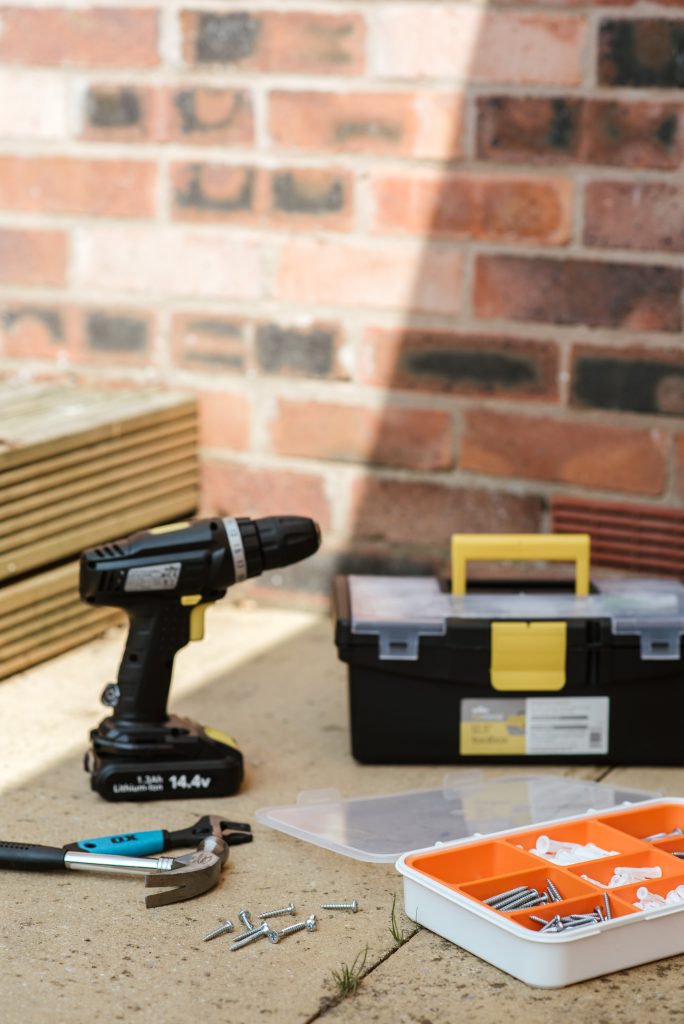Construction equipment auctions are vibrant marketplaces where a diverse range of heavy machinery, tools, and equipment find new owners. These auctions provide an excellent platform for buyers and sellers to engage in efficient and cost-effective transactions. In this comprehensive guide, we will explore the world of construction equipment auctions, understanding their dynamics, advantages, and how to navigate them effectively.
**1. Understanding Construction Equipment Auctions
Construction equipment auctions are events where sellers present a range of construction machinery, tools, and related equipment for bidding. These auctions can be held in physical locations, such as auction yards, or conducted online through specialized auction websites. Interested buyers place bids on the items they wish to purchase, and the highest bid at the end of the auction wins the item.
2. Advantages of Construction Equipment Auctions
a. Cost-Effective
One of the primary advantages of purchasing equipment at an auction is cost savings. Buyers often acquire equipment at prices significantly lower than retail, making auctions an attractive option for budget-conscious businesses and individuals.
b. Wide Variety of Equipment
Construction equipment auctions offer a vast selection of machinery, tools, and equipment. From heavy machinery like excavators and bulldozers to smaller tools and accessories, buyers can find a broad array of equipment to suit their needs.
c. Efficient Process
Auctions streamline the buying process. Buyers have a set timeframe to bid on items, and once the highest bid is accepted, the sale is concluded. This efficiency is appealing to buyers seeking a quick and straightforward purchasing experience.
3. Preparing for a Construction Equipment Auction
a. Research the Equipment
Before participating in an auction, conduct thorough research on the specific equipment you’re interested in. Understand its market value, condition, and demand. This knowledge will help you set a budget and bid wisely.
b. Set a Budget
Establish a clear budget for the auction, including the maximum amount you are willing to bid for each item. Stick to this budget to avoid overspending in the heat of the bidding process.
c. Inspect the Equipment
Whenever possible, inspect the equipment in person before the auction. Check for any damages, signs of wear and tear, or repairs needed. A thorough inspection ensures you make an informed decision and bid accordingly.
4. Navigating the Auction Process
a. Register for the Auction
To participate, you will typically need to register for the auction. This may involve providing identification and financial information. Once registered, you will receive a bidder’s number.
b. Bidding Strategies
During the auction, employ effective bidding strategies. Start with a conservative bid and gradually increase your bid if there is competition. Stay attentive and confident in your bidding approach.
c. Winning the Auction
If you have the highest bid when the bidding ends, you’ve won the auction! Ensure you complete the necessary paperwork and payments promptly to finalize the transaction.
5. Online Construction Equipment Auctions
In recent years, online construction equipment auctions have gained popularity. These virtual auctions offer the same advantages as traditional auctions but with the convenience of participating from anywhere. Utilize reputable online platforms to access a vast range of equipment and participate in auctions with ease.
Conclusion
Construction equipment auctions provide an excellent avenue for buying and selling heavy machinery and equipment. The cost-effectiveness, wide variety, and efficiency of the auction process make it an attractive option for both buyers and sellers. By conducting thorough research, setting a budget, inspecting the equipment, and employing effective bidding strategies, buyers can navigate construction equipment auctions successfully.

